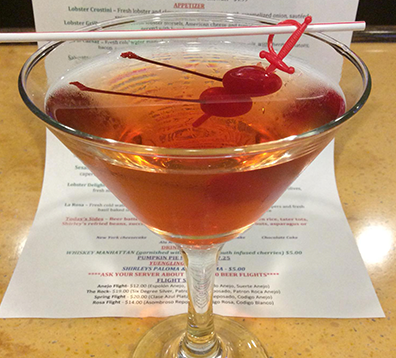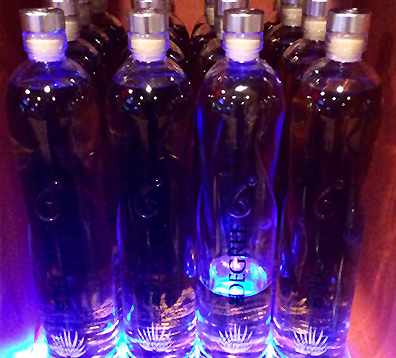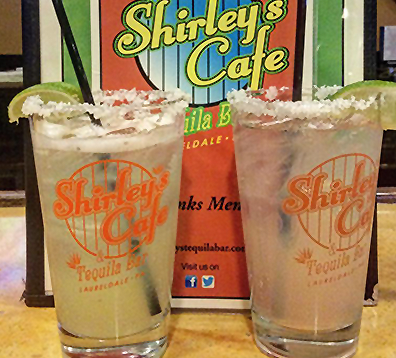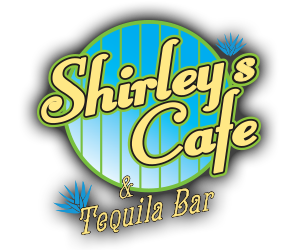


DID YOU KNOW?
Mexico is granted international rights to the word “Tequila”. A regional drink made from the distillation of Blue Agave plants, Mexican state law states that tequila can only be produced in the Mexican state of Jalisco, and limited regions of Guanajuaro, Michoacan, Nayarit, and Tampulipas Mexico.
Only certain Mezcals, usually from the state of Oaxaca, are ever sold “con gusamo” (with worm), and that only began as a marketing gimmick in the 1940’s. The worm is actually the larval form of the moth which lives on the agave plant. The worms are raised now specifically for placement in Mezcal bottles.
Mezcal may be made from any variety of the agave family, while tequila may only be from Blue Agave plants. Mezcal can also be produced anywhere in Mexico.
Blanco Tequilas
This is the Blue Agave spirit in its purest form. Bottled within 2 months of distillation, these tequilas are stored in stainless steel barrels, allowing the flavors of the agave to shine through. Great in margaritas, Blancos have strong flavors of pepper, flower, spices, citrus, and herbs.
Reposado (rested tequila)
A Reposado spends between 2 and 12 months in Barriques (oak barrels). This slight aging mellows some of the agave avors, while the time spent in the oak gives this tequila a smooth finish.
Añejo Tequila
Añejo tequilas are aged in oak barrels at least one year, though many are aged longer. Añejos are easily recognized by their darker color and strong notes of vanilla, smoke, and oak. These tequilas are exceptionally smooth and are best when served straight.
Tequila Extra Añejo (Ultra Aged)
A new classification added in the summer of 2006, labeling any Tequila aged more than 3 years, an “Extra Añejo”. Following the same rule as an “Añejo”, the distillers must age the spirit in barrels or containers with a maximum capacity of 600 liters. With this extended amount of aging, the Tequila becomes much darker, more of a Mahogany color, and is so rich that it becomes difficult to distinguish it from other quality aged spirits. After the aging process, the alcohol content must be diluted by adding distilled water. Theese Extra Añejo’s are extremely smooth and complex. Extra Añejo Tequilas are also referred to as “ultra-aged”.













BEER
DRINKS & TEQUILA
FLIGHTS
















